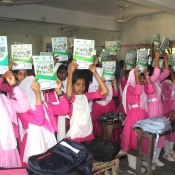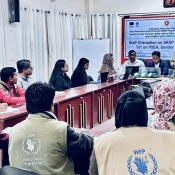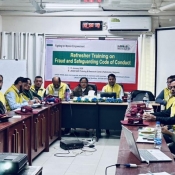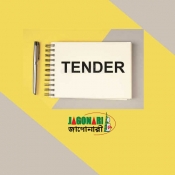A Community’s Fight for Safe Drinking Water in Ruhita
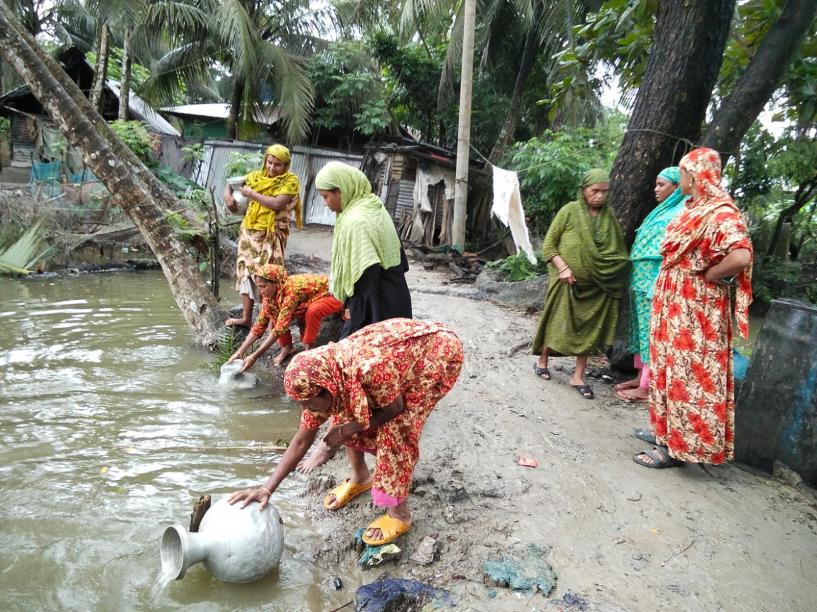
Ruhita is a remote area where people engage in farming, small businesses, labor, driving, and fishing. However, frequent natural disasters and climate change have reduced work opportunities, worsening poverty. The Poverty is disrupting their daily lives, while the lack of safe drinking water and increasing salinity are making their situation even more difficult. The community also faces challenges like a lack of safe drinking water and rising salinity, further affecting their daily lives. In many areas, underground rocks prevent tube well installation, and existing shallow wells often produce salty, sandy water. Frequent sand build up damages wells quickly.
Following Cyclone Sidr, an NGO attempted to solve the community’s drinking water crisis by installing a manual Pond Sand Filter (PSF) system using Malek Fakir’s pond, which served the villagers for 5 to 6 years, it eventually became non-functional due to poor maintenance and lack of funding, resulting in a renewed water crisis in the area. Currently, there is no nearby source of safe drinking water. They usually have to go from 1 to 2 miles to get drinking water. Conditions improve slightly during the rainy season (June–November), but from December to May the shortage becomes severe.
We know that there is no work throughout the year, the male members stay outside the area in search of work during this time. So, most of the time, women and children go 1-2 km away to collect water and are often faces tease and verbal harassment along the way, threatening their safety and dignity. During menstruation, women cannot wash properly their usable cloths, contributing to infections, uterine ulcers, and even miscarriages. Overall hygiene declines and illnesses such as diarrhoea, skin diseases, and pneumonia rise. Children frequently miss school due to the lack of water facilities in schools and crops suffer because saline water damages the fields. Many times, the community people are drinking less water than needed due to the shortage of safe water leads to various diseases including dehydration.Due to the damaged water infrastructure including broken pipes, tube well bodies, and platforms some villagers have started relocating to other areas. Installing new tube wells is not a solution due to the high salinity, sandy soil, and underground rocks. If the previous PSF water system is repaired, at least 150 families will gain access to safe drinking water.
Rahima Begum of Ruhita, President of Payra Unnayan group, explains ‘‘we have communicated with various places including the Union Parishad for water point installations and repair repairing, but no one has made any arrangements for us. No one listens to us about this. We do not have the capacity to repair water installations on our own initiative. Due to the lack of safe water, the women suffer from uterine ulcers and skin diseases.With support from CARE Bangladesh and funding from Agence Française de Développement (AFD) through the WLiE project, JAGO NARI will help us identify our problems and carry out collective solutions through the women’s group. Our first priority is to restore the water system. That will reduce disease; improve hygiene, children will go to school, and women will be free from long walks for water.” We are hopeful that with the help of JAGO NARI, we will be able to identify our problems and do something good for the people of the area. We are waiting for the day when our water woes will be resolved and we will get safe drinking water’’
/Shukla Mukherjee/JN Newsroom/28-07-2025/
Published on: Monday, 28 July 2025, 08:33 pm ▪ Last update: Tuesday, 29 July 2025, 11:36 pm ▪ Total View of this Page: 337



